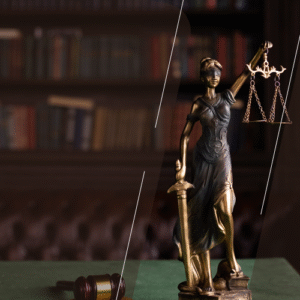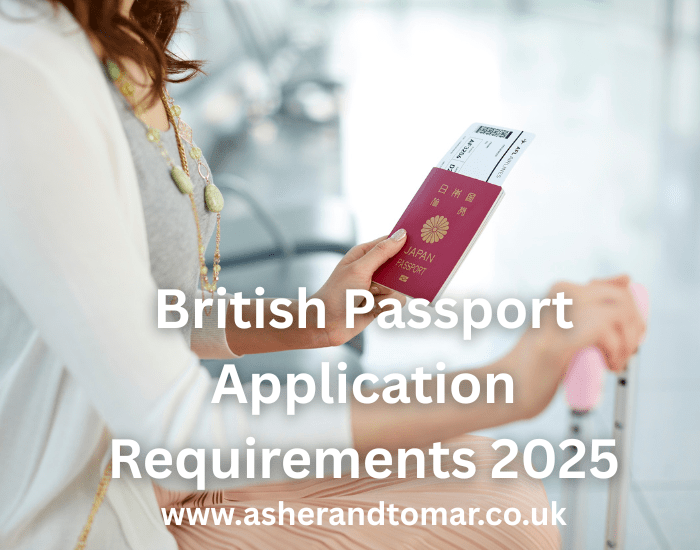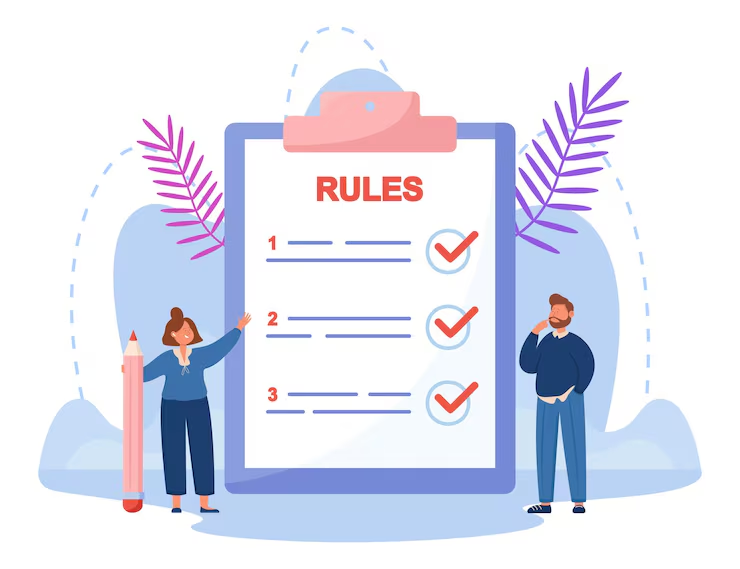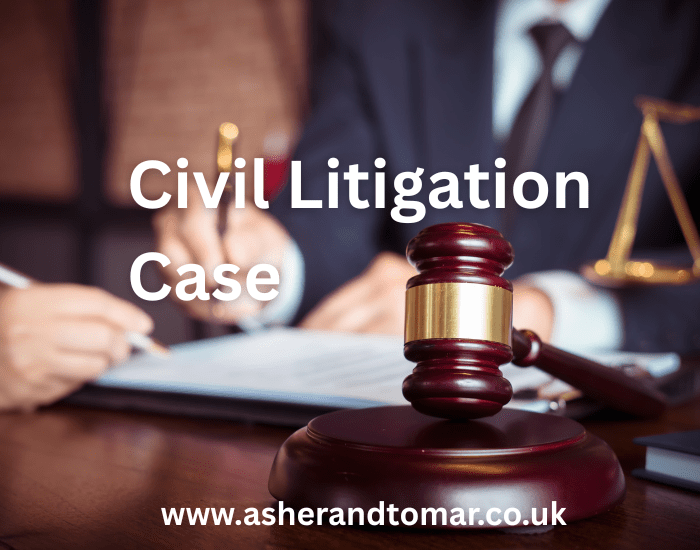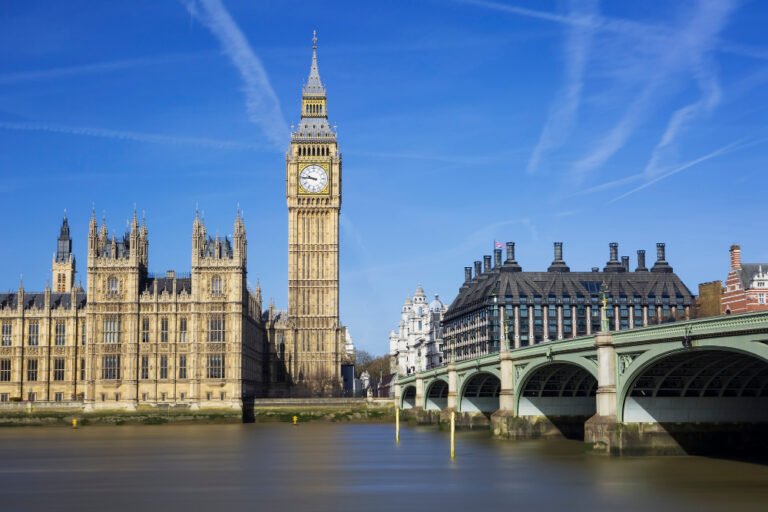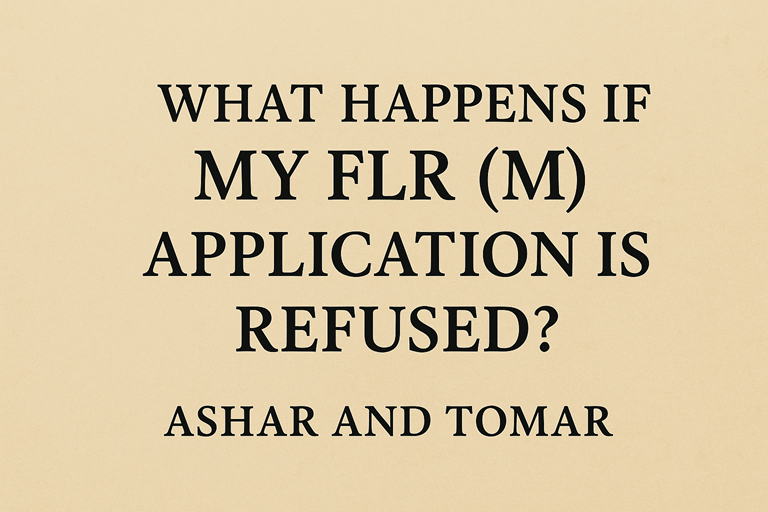General powers of the police
Many rules about police behaviour are set down in codes of practice, and there are also laws about some of the things the police can and can’t do.
The police are also covered by the law about discrimination, which means it’s against the law for them to discriminate against you because of:
- age
- disability
- gender reassignment
- pregnancy and maternity
- race
- religion or belief
- sex
- sexual orientation.
If the police act in a way which does not comply with the law or the codes of practice, it may mean you could sue them, that they could be prosecuted for committing a criminal offence, or that they could be disciplined.
This information does not cover every situation and, if you have problems with the police, you should always take further advice. If you are cautioned or taken to the police station you should always contact a solicitor.
Stop and account
The police can stop anyone in a public place and ask you to account for yourself. For example, you could be asked to account for your actions, behaviour, presence in an area or possession of anything. When the police stop you and ask you for an explanation, you don’t need to provide your personal details. The police do not have to make a record or give you a receipt. But you may be asked to give your ethnicity.
Stop and search
When can the police stop and search you
The police can stop and search any person, vehicle, and anything in or on the vehicle for certain items. However, before they stop and search they must have reasonable grounds for suspecting that they will find:
- stolen goods, or
- drugs, or
- an offensive weapon, or
- any article made or adapted for use in certain offences, for example a burglary or theft, or
- knives, or
- items which could damage or destroy property, for example spray paint cans.
If a serious violent incident has taken place, the police can stop and search you without having reasonable grounds for suspecting they will find the items.
The police can also search a football coach going to or from a football match if they have reasonable grounds for suspecting there is alcohol on board or that someone is drunk on the coach.
The police can also stop and search you or your vehicle if they have reasonable grounds to suspect you are a terrorist. But they do not need reasonable grounds if they have been given permission to carry out searches in a particular area.
But the police do not have the right to stop and search you just because of your race or religious background.
When the police stop and search you, they must provide you with the following information before the search can begin:
- proof of their warrant card
- information on police powers to stop and search
- information on your rights
- the police officer’s name and police station
- the reason for the search
- what they think they might find when they search you.
If you are not given a copy of the search record, you can ask for a copy. You must do this within three months of the date of the search.
In all of these situations where the police have a right to stop and search, they should not require you to take off in public any clothing other than an outer coat, jacket or gloves.
A more thorough search or a strip search may take place in private, for example in a police van. A strip search must be made by a police officer of the same sex.
If you are arrested, the police can search you for anything you might use to help you escape or for evidence relating to the offence that has led to your arrest.
In some circumstances a police officer of the rank of inspector or above can give the police permission to make stops and searches in an area for a certain amount of time – as long as this is for no more than 24 hours. When this permission is in force the police can search for offensive weapons or dangerous instruments whether or not they have grounds for suspecting that people are carrying these items. An officer with the rank of assistant chief constable or above can also give permission for searches in an area in order to prevent acts of terrorism.
Where can the police search you
The police can search you in any place that is generally open to the public. This means they can search you anywhere other than your home and your garden, or the home or garden of someone who has given you permission to be there. If the police have reasonable grounds for believing that you are not, in fact, in your own home or that you are somewhere without the permission of the homeowner, they can search you. There are separate rules about when the police have powers to enter your own home – see under heading .
Can the police use force
The police can use reasonable force when they stop and search, but must make every effort to persuade you to co-operate. They should only use force as a last resort.
When can the police question you
The police should not question you with a view to getting evidence until they have cautioned you. If you have been arrested, you must not be interviewed before being taken to the police station unless:
- delay could lead to interference with or harm to evidence connected with the offence
- delay could lead to physical harm to others
- delay would alert someone suspected of committing an offence who has not yet been arrested
- delay would hinder the recovery of property that is the subject of the offence.
If you are cautioned without having been arrested, you must be told you are free to leave whenever you want.
Powers of entry
When can the police enter and search
Police can only enter premises without a warrant if a serious or dangerous incident has taken place.
Situations in which the police can enter premises without a warrant include when they want to:
- deal with a breach of the peace or prevent it
- enforce an arrest warrant
- arrest a person in connection with certain offences
- recapture someone who has escaped from custody
- save life or prevent serious damage to property.
Apart from when they are preventing serious injury to life or property, the police must have reasonable grounds for believing that the person they are looking for is on the premises.
If the police do arrest you, they can also enter and search any premises where you were during or immediately before the arrest. They can search only for evidence relating to the offence for which you have been arrested or to some other offence which is connected with or similar to that offence, and they must have reasonable grounds for believing there is evidence there. They can also search any premises occupied by someone who is under arrest for certain serious offences. Again, the police officer who carries out the search must have reasonable grounds for suspecting that there is evidence on the premises relating to the offence or a similar offence.
In other circumstances, the police must have a search warrant before they can enter the premises. They should enter property at a reasonable hour unless this would frustrate their search. When the occupier is present, the police must ask for permission to search the property – again, unless it would frustrate the search to do this.
When they are carrying out a search police officers must:
- identify themselves and – if they are not in uniform – show their warrant card, and
- explain why they want to search, the rights of the occupier and whether the search is made with a search warrant or not.
If the police have a warrant, they can force entry if:
- the occupier has refused entry, or
- it is impossible to communicate with the occupier, or
- the occupier is absent, or
- the premises are unoccupied, or
- they have reasonable grounds for believing that if they do not force entry it would hinder the search, or someone would be placed in danger.
When can the police seize property
Police should only seize goods if they have reasonable grounds for believing that:
In either of these cases, they must also have reasonable grounds for believing that it is necessary to seize the goods to prevent them being lost, stolen or destroyed.
Your rights on arrest
When can the police arrest you
Police can arrest you if they have a valid arrest warrant. There are also some situations where they can arrest you without a warrant. These are where:
- you are in the act of committing certain offences
- they have reasonable grounds for suspecting you are committing certain offences
- they have reasonable grounds for suspecting you have committed certain offences
- you are about to commit certain offences
- they have reasonable grounds for suspecting you are about to commit certain offences.
The police can also arrest you if they have reasonable grounds for suspecting you have committed or attempted to commit any offence, or if you are committing or attempting to commit any offence, but it is impractical or inappropriate to serve a summons. However, they can only do this if one of the following conditions applies:
- they do not know, and cannot get, your name
- they think you have given a false name
- you have not given a satisfactory address. This means an address where the police can contact you
- they think you have given a false address
- the arrest is necessary to prevent you causing physical injury to yourself or others, suffering physical injury, causing loss or damage to property, committing an offence against public decency, or causing an unlawful obstruction of the highway
- they have reasonable grounds for believing that arrest is necessary to protect a child or other vulnerable person.
If they are arresting you because you have failed to give them a satisfactory address, they must first explain that you may be arrested and give you the opportunity to give them the address.
What should happen on arrest
The police should only use reasonable force to make an arrest and they should inform you that you are under arrest as soon as possible. After the arrest, they should explain why they have arrested you. The police must caution you unless it is impractical to do so or unless they cautioned you immediately before they arrested you.
If the police arrest you somewhere other than at a police station, they should take you to a police station as soon as possible. If they arrest you for theft and you were seen taking property but did not have it after a chase, the police officer can retrace your tracks. This may allow them to recover the property. They should take you to the station once they have recovered the property.
At the police station
At the police station, the police should inform you of:
- your right to inform someone of your arrest
- your right to legal advice (see under heading Legal advice)
- your right to look at the police codes of practice.
The right to legal advice can be delayed in certain very serious cases. Also, the police should also inform you that you do not need to use these rights immediately. You can exercise them at any time while you are detained. You should be given a written notice of your rights whilst you are in the police station, and your right to a written copy of your custody record when you are released. The police will ask you to indicate on the custody record whether you wish to have legal advice and will also ask you to sign the record.
If you do ask for someone to be informed of your arrest, this should happen as soon as possible, unless you have been arrested for certain offences and an officer of the rank of superintendent (or above) allows a delay. In order to allow a delay, the officer should be satisfied that there are reasonable grounds for believing that informing someone of your arrest would:
- lead to interference with evidence
- affect the police’s ability to recover property
- lead to other suspects being alerted
- prevent recovery of the proceeds resulting from drug offences.
If a delay is authorised, the police should tell you and write the reason on your custody record. The maximum delay is 36 hours unless you are detained in relation to a terrorist offence, in which case it is 48 hours. If someone asks about your whereabouts, as long as you agree, they should be informed, unless an officer of the rank of superintendent (or above) decides that they should not.
How long can the police hold you
The police should not detain you for more than 24 hours without charging you, unless an officer with the rank of superintendent (or above) or a magistrate gives permission.
A police officer with the rank of superintendent (or above) can authorise detention for a further 12 hours. Magistrates can authorise further detentions up to a maximum of 96 hours.
If you are suspected of a crime and have been released on bail, this time doesn’t count towards the 96 hour detention period.
Once charged, if you’re still in detention, you should be brought before the magistrates the next day (but not on Christmas Day, Good Friday or any Sunday).
If you’re arrested as a suspected terrorist, different rules apply. A judge can authorise continued detention, in stages, for up to 14 days.
Right to silence
Although you have a right to silence, courts can take your silence into account when deciding whether you are guilty or innocent.
Fingerprints, photographs and DNA samples
If you have been arrested, charged, convicted or received a caution, warning or reprimand for a recordable offence in England and Wales, the police have the power to take your fingerprints, photographs and a DNA sample without your consent to prevent and detect crime.
If you have been convicted of a serious violent, sexual or terrorist offence outside of England and Wales, the police also have the power to take your fingerprints, photographs and a DNA sample.
Even if you are not convicted of an offence, the police currently have the power to keep your fingerprints and DNA sample on a DNA database. However, from 31 October 2013, if you are arrested or charged, but not convicted, of a minor offence your fingerprints and DNA profile must be deleted from the database as soon as a search has been carried out to see if there is a match with any crimes on the database.
Young people
If you are under 17 years of age and are detained by the police, an appropriate adult – usually your parent or guardian – should be informed as soon as possible. The police should not interview you until your parent is present, unless a delay would mean an immediate risk of harm to someone or serious loss of or damage to property.
People with learning difficulties
If you have learning difficulties, the police should only interview you when a responsible person is present, unless delay would result in a risk of injury or harm to property or people. You should be accompanied at interview by:
- a relative or other person responsible for your care, or
- a person who is not employed by the police, and who is experienced in dealing with people with learning difficulties, or
- some other responsible adult who isn’t employed by the police.
People from abroad
If you are from abroad, you have the right to tell your High Commission, embassy or consulate your whereabouts. If you are from certain countries where the UK has a special agreement, the High Commission, embassy or consulate will be told about your arrest automatically.
If your first language is not English
If you have difficulty understanding English and the interviewing officer cannot speak your language, you should be provided with an interpreter. The police must not interview you until the interpreter is present unless a delay would mean an immediate risk of harm to someone or serious loss of or damage to property.
Deaf people and people with hearing/speech difficulties
If you have hearing or speech difficulties, the police should offer you an interpreter. They should not question you until the interpreter is present unless a delay would mean an immediate risk of harm to someone or serious loss of or damage to property, or unless you agree in writing to be interviewed without one.
Police powers to deal with you without going to court
If the police have gathered enough evidence to make a criminal case against you, you might be charged and prosecuted. This will mean going to court. However, not all offences have to be dealt with by the courts. The police may be able to deal you by using an alternative to prosecution. These alternatives are called out-of-court disposals.
For example, you could get a cannabis warning if you were caught with a small amount of cannabis for your own use. Another example is that the police could give you a formal caution or they could give you a penalty notice (a sort of fine) for disorder. You have to agree to an out-of-court disposal.
You should get legal advice before agreeing, as an out-of-court disposal could affect your future. For example, it could be disclosed to your employers and will count as a criminal record.
For more information, go to the GOV.UK website at www.gov.uk.
Complaints
If you feel the police have treated you unfairly, the best course of action depends on the nature of your complaint. For example, if the police have obtained evidence by breaking code of practice rules, a court may refuse to accept police evidence in any case against you and your case could be dismissed. Make sure you tell your solicitor if you think the police have broken the code of practice.
Alternatively, you may wish to use the police complaints procedure to complain about an individual officer’s behaviour, or take court action (see under heding Suing the police, below).
Make sure you tell your solicitor if you think the police have broken a code of practice, if you think you have been treated unfairly or if you have been discriminated against.
If you want to make a complaint, you should get further advice from a solicitor. You could also get advice from an experienced adviser, for example, at a Citizens Advice Bureau. To search for details of your nearest CAB, including those that can give advice by email, click on.


